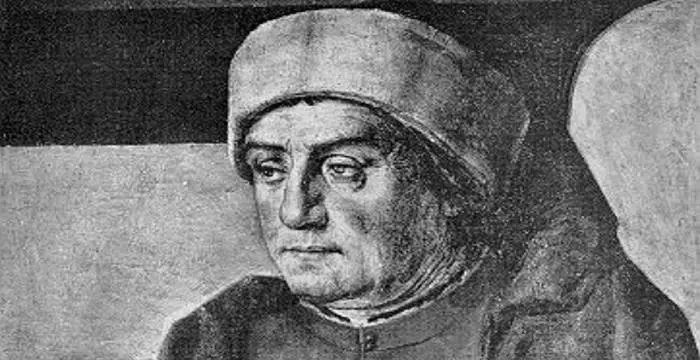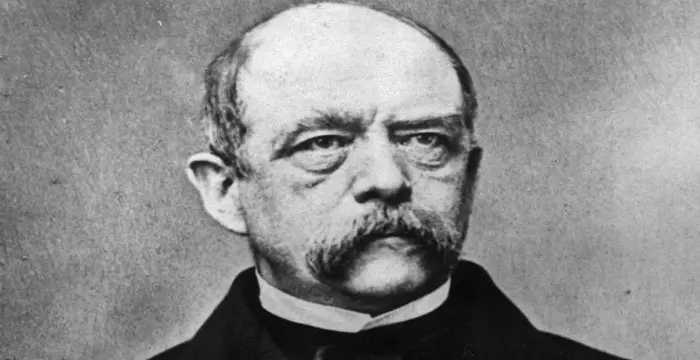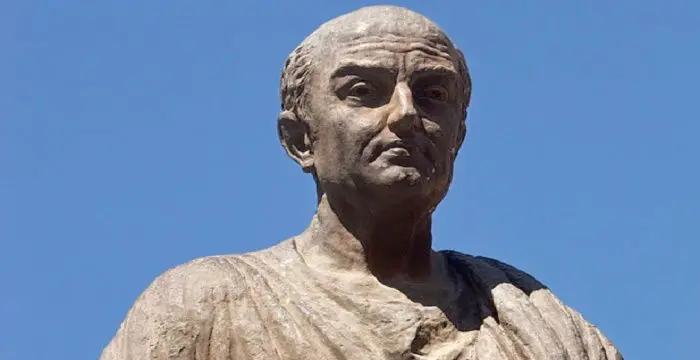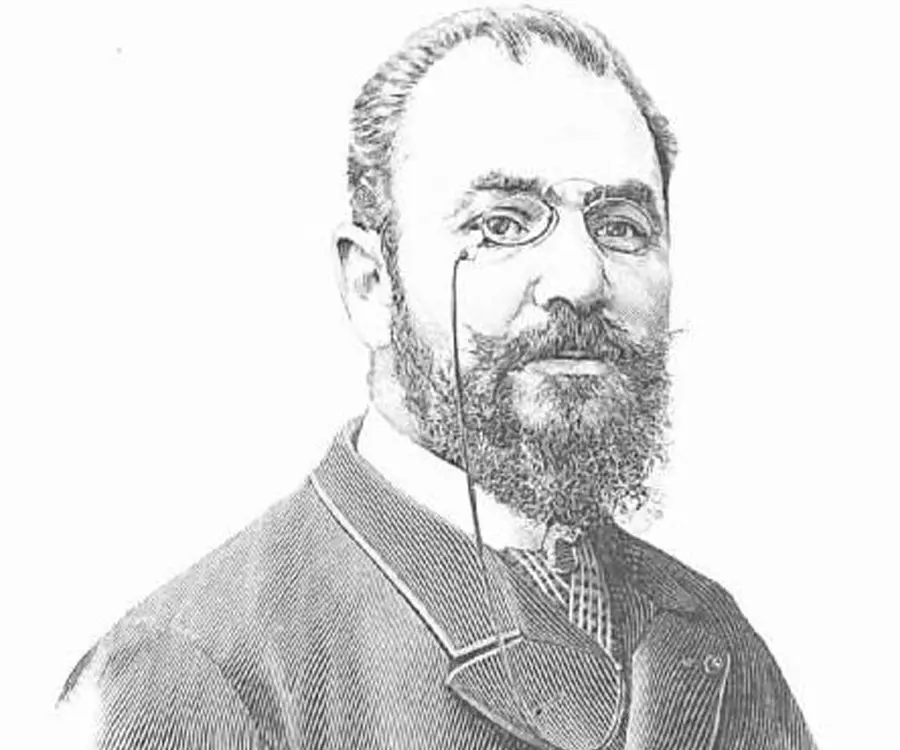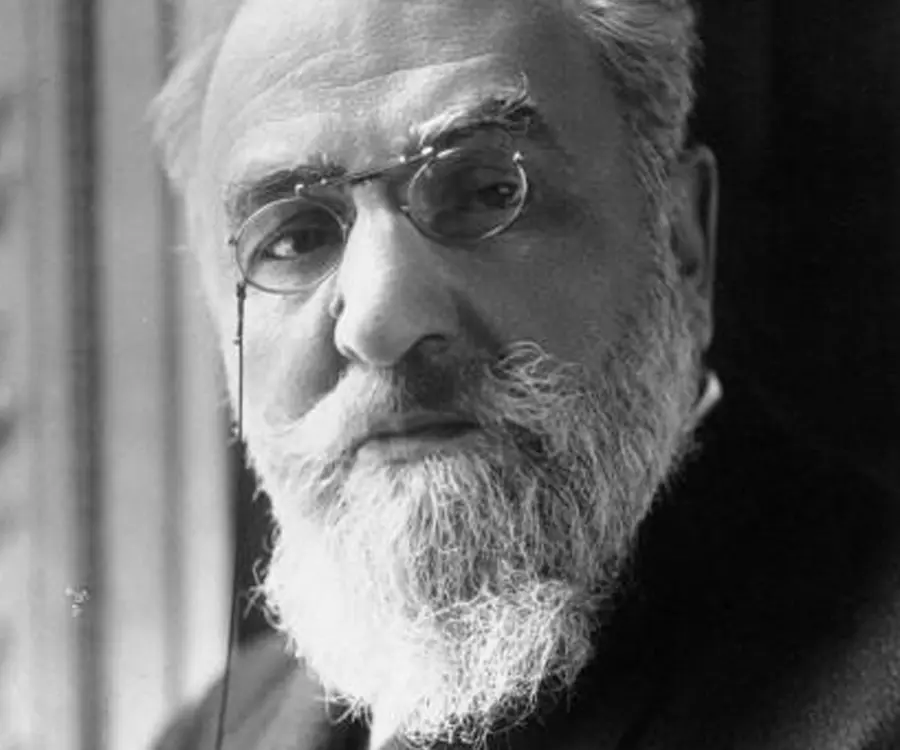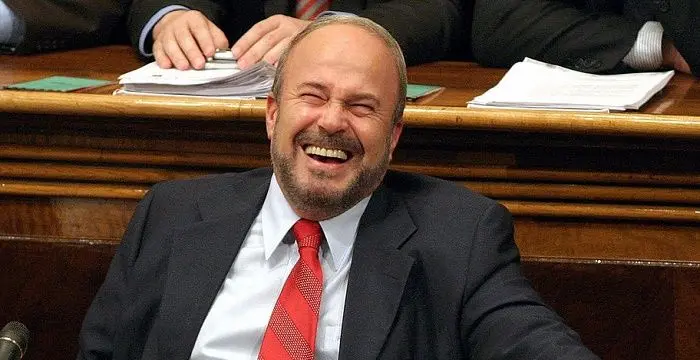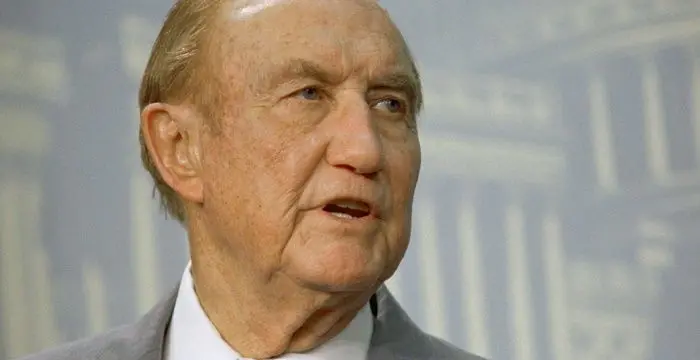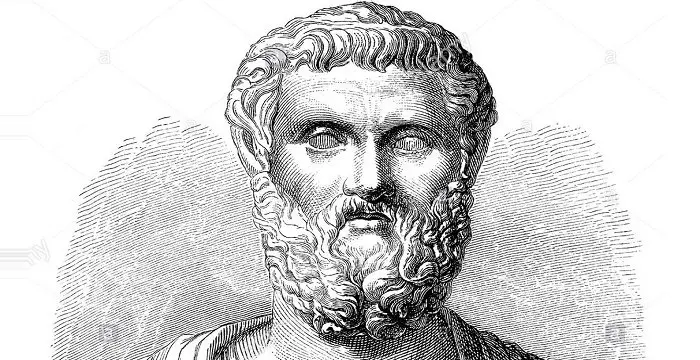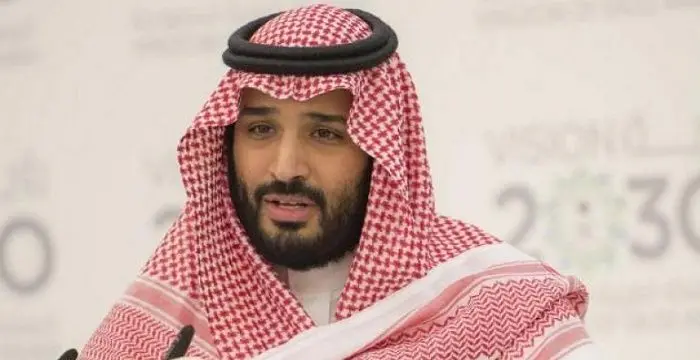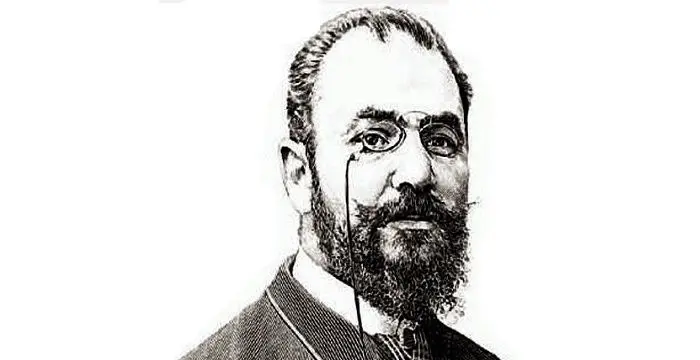
Léon Bourgeois - Statesman, Facts and Family
Léon Bourgeois's Personal Details
Léon Victor Auguste Bourgeois was a French statesman and a Nobel laureate
| Information | Detail |
|---|---|
| Birthday | May 21, 1851 |
| Died on | September 29, 1925 |
| Nationality | French |
| Famous | Leaders, Political Leaders, Prime Ministers, Statesman |
| Known as | Leon Bourgeois, Léon Victor Auguste Bourgeois |
| Universities |
|
| Birth Place | Paris, France |
| Gender | Male |
| Sun Sign | Taurus |
| Born in | Paris, France |
| Famous as | French Statesman |
| Died at Age | 74 |
// Famous Statesman
Anicius Manlius Severinus Boethius
Boethius was an early 6th century Roman senator and philosopher best known for his treatise ‘Consolation of Philosophy’. This biography of Boethius provides detailed information about his childhood, life, achievements, works & timeline.
Otto von Bismarck
Otto von Bismarck served as the Chancellor of Germany and the Prime Minister of Prussia. He unified the German states into a powerful German empire. This biography profiles his childhood, political career, life, achievements and timeline.
Lucius Annaeus Seneca
Lucius Annaeus Seneca, commonly known as Seneca, was a Roman philosopher and statesman. This biography profiles his childhood, life, career, works, achievements & timeline.
Léon Bourgeois's photo
Who is Léon Bourgeois?
Léon Victor Auguste Bourgeois was a French statesman and a Nobel laureate. He was a man of extraordinary capabilities and diverse interests. Formally a student of law, he also delved into unusual subjects like Hinduism and Sanskrit and took keen interest in fine arts. While he started his career as a lawyer, he soon changed to civil service and then to politics. Although at the beginning of his political career he joined the Radical Left and later became the head of Radical Socialist Party, he was actually an enigma. He did not have any personal ambition and refused to run for presidency twice. Instead, his goal in life was to spread education and establish the rule of law. He was equally concerned about world peace and worked tirelessly for abolition of conflicts and war. He has been hailed as one of the architects of the League of Nations, which was set up at the end of the World War I to usher in universal peace. Léon Bourgeois was awarded the Nobel Peace Prize for his effort in setting up this world body.
// Famous Prime Ministers
Edi Rama
Edi Rama is the current Prime Minister of Albania. Check out this biography to know about his childhood, life, achievements, works & timeline.
Leo Varadkar
Cam Leo Varadkar is the current Taoiseach—the Prime Minister—of the Republic of Ireland. Check out this biography to know about his childhood, family life, achievements and other facts about his life.
Fatos Nano
Fatos Nano is an Albanian politician who served as Prime Minister of Albania for several times. Check out this biography to know about his childhood, life, achievements, works & timeline.
Childhood & Early Life
Léon Victor Auguste Bourgeois was born on May 21, 1851 in Paris. His father was a clock maker of Jurassian and Burgundian descent. He spent most of his childhood in an eighteenth century townhouse on the Rue Palatine.
He was initially enrolled at Massin Institute in Paris. Later he went to Lycée Charlemagne and finished his secondary education from there. As a student, he was hard-working, reflective and intelligent. He also displayed a unique leadership capacity as well as a distinct flair of oratory.
After he finished his secondary education, he joined military service sometime in 1870-71 and fought in the artillery regiment in the Franco-Prussian War. After the war, he enrolled at the Law School of the University of Paris.
During this period, Léon showed interest into a diverse range of things. He not only studied law, but was also a student of Sanskrit and Hinduism. Besides, he became interested in fine arts and gathered some expertise in music, sculpture and drawing.
Early Career
Although he started his career as a lawyer, Léon Bourgeois changed his vocation after few years and joined civil service. In 1876, he became a deputy in the claims division of Public Works Department.
Next in quick succession, he became Secretary-General of the Prefecture of the Marne in 1877, Under-Prefect of Reims in 1880, Prefect of the Tarn in 1882, Secretary-General of the Seine in 1883 and Prefect of the Haute-Garonne in 1885,
In 1886, he was brought back to Paris as the Director of Personnel in the Ministry of the Interior.
In November, 1887, Bourgeois was appointed prefect of police in Seine, which encompassed Paris and its immediate suburbs. In this position, he helped to prevent a military coup by supporters of George Boulanger, who wanted to launch a revanchist war against Germany
Political Career
Léon Bourgeois joined politics after President Jules Grevy resigned on December 2, 1887. He entered the Chamber of Deputies from the department of Mame in February 1888. He was only thirty six years old then. His opponent was supported by formidable George Boulanger.
In the Chamber of Deputies, he joined the Radical Left and became came out as an effective orator. Sometime now he also attended the congress of Radical-Socialist Party. When Charles Thomas Floquet formed government on April 3, 1888, Bourgeois was appointed as Undersecretary for Home Affairs.
However, when Floquet resigned on February 22, 1889 after admitting his involvement in the Panama Scandal Bourgeois too resigned with him. He next got himself elected from Reims and on March 1, 1890, he was inducted in the cabinet of Prime Minister Pierre Tirard as the Minister of the Interior.
However, as Tirard resigned on March 17, 1890 on the issue of Franco-Turkish commercial treaty this post too was short-lived. Later in the same year, he was inducted in the cabinet of Prime Minster Charles de Freycinet as the Minister of Public Instruction and Fine Arts.
As education minister, he undertook extensive reforms, both in primary and secondary education system. In addition to this, he reconstituted the universities by regrouping the faculties and extended the scope of post graduation education.
His reputation as the education minister was such that when Émile Loubet formed his government on February 27, 1892 he retained Bourgeois as the minister of public instruction and fine arts. Later, he was made the minister of justice when Alexandre Ribot formed his government on December 6, 1892.
On November 1, 1895, Leon Bourgeois became the Prime Minister of the French Republic. Most of his ministers were Radicals. The government took up many programs such as separation of the church from the state, starting a retirement plan for the workers and enacting a general income tax.
However, such programs did not meet the approval of Senate. Although the Bourgeois government depended on public opinion for passage of such bills but the public remained indifferent. As a result, the government succumbed on Aril 29, 1896.
However, the incident did not have any negative effect on his reputation. When Henri Brisson formed a new ministry on June 28, 1898, Bourgeois became his minister of public instruction and fine arts. In this capacity, he organized primary education courses for adults.
In 1899, Bourgeois was selected as the chairman of the French delegation to the First Hague Peace Conference. In this conference, he presided over the Third commission, which dealt in international arbitration and helped to form Permanent Court of Arbitration.
In 1902 and 1903, Bourgeois was elected as the President of the Chamber of Deputies. At the same time, he became the head of the Radical Socialist Party. When the International Court of Justice was formed at Hague in 1903, he was chosen as one of its members.
In 1904, Bourgeois became ill and stayed away from public life for a year. Instead, he travelled across Italy, Spain and Near East. He returned to active life in 1905 and won a seat in the Senate from Marme. He held that seat until 1923.
In 1906, he became the minister of foreign affairs in the government of Ferdinand Sarrien. In this capacity, he was successful in presenting his country’s view at the international conference held at Algeciras and played a lead role in formulating the 1906 agreement on Moroccan independence.
Iin 1907, he was chosen as a delegate to the Peace Conference in Hague. There he served as the Chairman of the First Commission on the questions of conciliatory arbitration of disputes.
From 1912 to 1917, he served in various capacities under different primers. In 1912 and 1913, he was the Minister for Labor and social Security under Poincaré. When World War I started in 1914, he became the minister of foreign affairs under Ribot. In 1915-1916, he was the minister of state and again the minister of labor and social security in 1917.
In 1918 after the end of World War I, he was appointed as the head of an official commission that was formed to look into various aspect of the proposed League of Nations. In this capacity, he presented his views in the form of a draft proposal.
In 1919, he attended the Peace Conference in Paris. In this conference he strongly supported the racial equality proposal put forward by Emperor of Japan. Later in the same year, he represented France in the League of Nation Commission.
In 1920, he became the President of the Senate of France. In the same year, he was unanimously elected as the President of the Council of League of Nations. Because of his deteriorating health, he ultimately resigned from Senate in 1923.
Awards & Achievements
Léon Bourgeois was awarded the 1920 Nobel Peace Prize for his campaign for the creation of the League of Nations. Because of his poor health he could not travel to Oslo and received the prize in person.
Personal Life & Legacy
Towards the end of his life Léon Victor Auguste Bourgeois suffered from various ailments and began to lose his vision. He died from uremic poisoning on September 29, 1925 at Château d'Oger, near Epérnay. He was then seventy four years old.
Trivia
Despite his busy schedule, Bourgeois wrote several books. They are Solidarité (1896), La Politique de la prévoyancesociale in two volumes (1914 and 1919), Le Pacte de 1919 et la Société des Nations (1919), andL’Oeuvre de la Société des Nations, 1920–1923 (1923).
// Famous Leaders
Edi Rama
Edi Rama is the current Prime Minister of Albania. Check out this biography to know about his childhood, life, achievements, works & timeline.
Tecumseh
Tecumseh was a Native American leader of the Shawnee clan. This biography profiles his childhood, life and timeline.
Khalifa bin Zayed Al Nahyan
Sheikh Khalifa bin Zayed Al Nahyan is the current President of the United Arab Emirates (UAE). Check out this biography to know about his birthday, childhood, family life, achievements and fun facts about him.
Léon Bourgeois biography timelines
- // 21st May 1851Léon Victor Auguste Bourgeois was born on May 21, 1851 in Paris. His father was a clock maker of Jurassian and Burgundian descent. He spent most of his childhood in an eighteenth century townhouse on the Rue Palatine.
- // 1870After he finished his secondary education, he joined military service sometime in 1870-71 and fought in the artillery regiment in the Franco-Prussian War. After the war, he enrolled at the Law School of the University of Paris.
- // 1876Although he started his career as a lawyer, Léon Bourgeois changed his vocation after few years and joined civil service. In 1876, he became a deputy in the claims division of Public Works Department.
- // 1886In 1886, he was brought back to Paris as the Director of Personnel in the Ministry of the Interior.
- // 1887In November, 1887, Bourgeois was appointed prefect of police in Seine, which encompassed Paris and its immediate suburbs. In this position, he helped to prevent a military coup by supporters of George Boulanger, who wanted to launch a revanchist war against Germany
- // 2nd Dec 1887 To Feb 1888Léon Bourgeois joined politics after President Jules Grevy resigned on December 2, 1887. He entered the Chamber of Deputies from the department of Mame in February 1888. He was only thirty six years old then. His opponent was supported by formidable George Boulanger.
- // 3rd Apr 1888In the Chamber of Deputies, he joined the Radical Left and became came out as an effective orator. Sometime now he also attended the congress of Radical-Socialist Party. When Charles Thomas Floquet formed government on April 3, 1888, Bourgeois was appointed as Undersecretary for Home Affairs.
- // 22nd Feb 1889 To 1st Mar 1890However, when Floquet resigned on February 22, 1889 after admitting his involvement in the Panama Scandal Bourgeois too resigned with him. He next got himself elected from Reims and on March 1, 1890, he was inducted in the cabinet of Prime Minister Pierre Tirard as the Minister of the Interior.
- // 17th Mar 1890However, as Tirard resigned on March 17, 1890 on the issue of Franco-Turkish commercial treaty this post too was short-lived. Later in the same year, he was inducted in the cabinet of Prime Minster Charles de Freycinet as the Minister of Public Instruction and Fine Arts.
- // 6th Dec 1892His reputation as the education minister was such that when Émile Loubet formed his government on February 27, 1892 he retained Bourgeois as the minister of public instruction and fine arts. Later, he was made the minister of justice when Alexandre Ribot formed his government on December 6, 1892.
- // 1st Nov 1895On November 1, 1895, Leon Bourgeois became the Prime Minister of the French Republic. Most of his ministers were Radicals. The government took up many programs such as separation of the church from the state, starting a retirement plan for the workers and enacting a general income tax.
- // 1896However, such programs did not meet the approval of Senate. Although the Bourgeois government depended on public opinion for passage of such bills but the public remained indifferent. As a result, the government succumbed on Aril 29, 1896.
- // 28th Jun 1898However, the incident did not have any negative effect on his reputation. When Henri Brisson formed a new ministry on June 28, 1898, Bourgeois became his minister of public instruction and fine arts. In this capacity, he organized primary education courses for adults.
- // 1899In 1899, Bourgeois was selected as the chairman of the French delegation to the First Hague Peace Conference. In this conference, he presided over the Third commission, which dealt in international arbitration and helped to form Permanent Court of Arbitration.
- // 1906In 1906, he became the minister of foreign affairs in the government of Ferdinand Sarrien. In this capacity, he was successful in presenting his country’s view at the international conference held at Algeciras and played a lead role in formulating the 1906 agreement on Moroccan independence.
- // 1907Iin 1907, he was chosen as a delegate to the Peace Conference in Hague. There he served as the Chairman of the First Commission on the questions of conciliatory arbitration of disputes.
- // 1918In 1918 after the end of World War I, he was appointed as the head of an official commission that was formed to look into various aspect of the proposed League of Nations. In this capacity, he presented his views in the form of a draft proposal.
- // 1919In 1919, he attended the Peace Conference in Paris. In this conference he strongly supported the racial equality proposal put forward by Emperor of Japan. Later in the same year, he represented France in the League of Nation Commission.
- // 1920 To 1923In 1920, he became the President of the Senate of France. In the same year, he was unanimously elected as the President of the Council of League of Nations. Because of his deteriorating health, he ultimately resigned from Senate in 1923.
- // 1920Léon Bourgeois was awarded the 1920 Nobel Peace Prize for his campaign for the creation of the League of Nations. Because of his poor health he could not travel to Oslo and received the prize in person.
- // 29th Sep 1925Towards the end of his life Léon Victor Auguste Bourgeois suffered from various ailments and began to lose his vision. He died from uremic poisoning on September 29, 1925 at Château d'Oger, near Epérnay. He was then seventy four years old.
// Famous Political Leaders
Edi Rama
Edi Rama is the current Prime Minister of Albania. Check out this biography to know about his childhood, life, achievements, works & timeline.
Khalifa bin Zayed Al Nahyan
Sheikh Khalifa bin Zayed Al Nahyan is the current President of the United Arab Emirates (UAE). Check out this biography to know about his birthday, childhood, family life, achievements and fun facts about him.
Leo Varadkar
Cam Leo Varadkar is the current Taoiseach—the Prime Minister—of the Republic of Ireland. Check out this biography to know about his childhood, family life, achievements and other facts about his life.
Strom Thurmond
Strom Thurmond was an American politician, who represented the state of South Carolina in the United States senate for 48 years.
Solon
Solon was an Athenian lawmaker, poet and politician. He is considered as one of the ‘Seven Wise Men’ in Greek culture. This biography provides detailed information about his childhood, life, career, works, achievements and timeline.
Mohammed bin Salman
Mohammed bin Salman is the Crown Prince of Saudi Arabia and the heir apparent to the throne. Check out this biography to know about his childhood, family life, achievements and other facts about him.
Léon Bourgeois's FAQ
What is Léon Bourgeois birthday?
Léon Bourgeois was born at 1851-05-21
When was Léon Bourgeois died?
Léon Bourgeois was died at 1925-09-29
Where was Léon Bourgeois died?
Léon Bourgeois was died in Épernay
Which age was Léon Bourgeois died?
Léon Bourgeois was died at age 74
Where is Léon Bourgeois's birth place?
Léon Bourgeois was born in Paris, France
What is Léon Bourgeois nationalities?
Léon Bourgeois's nationalities is French
What was Léon Bourgeois universities?
Léon Bourgeois studied at University of Paris
What is Léon Bourgeois's sun sign?
Léon Bourgeois is Taurus
How famous is Léon Bourgeois?
Léon Bourgeois is famouse as French Statesman
